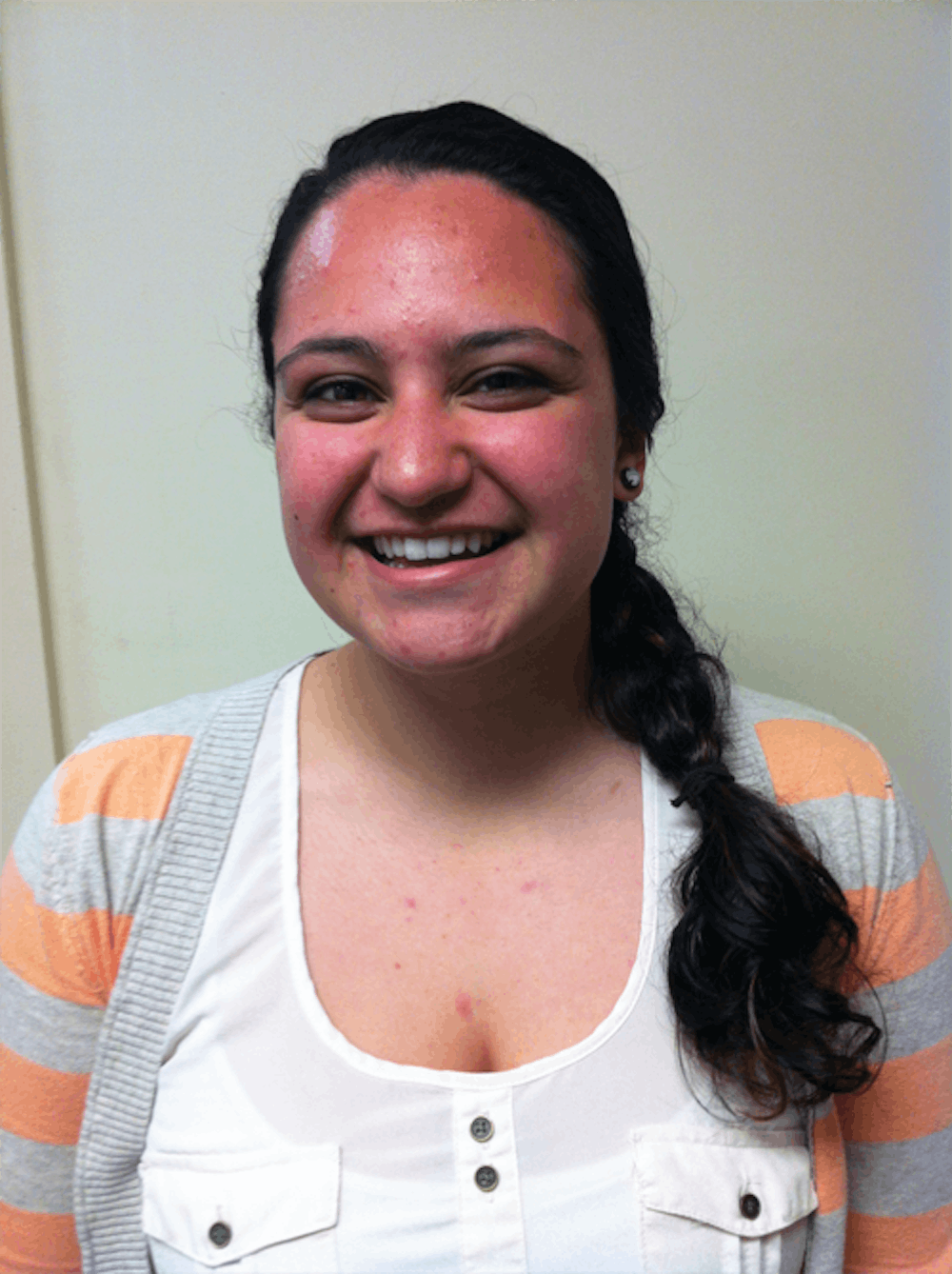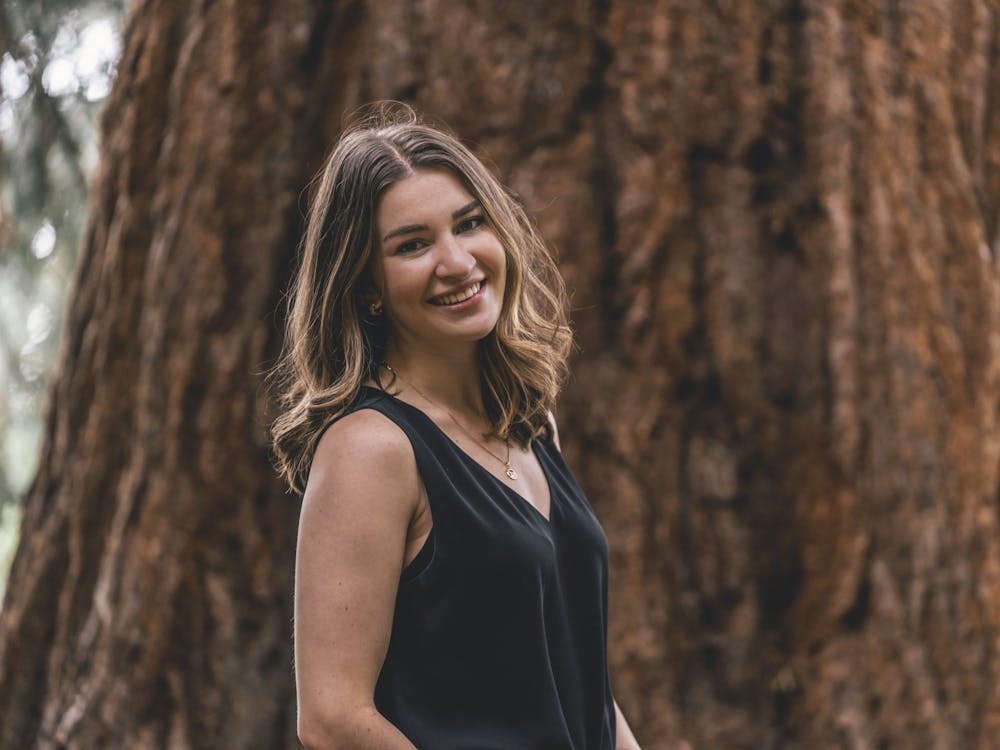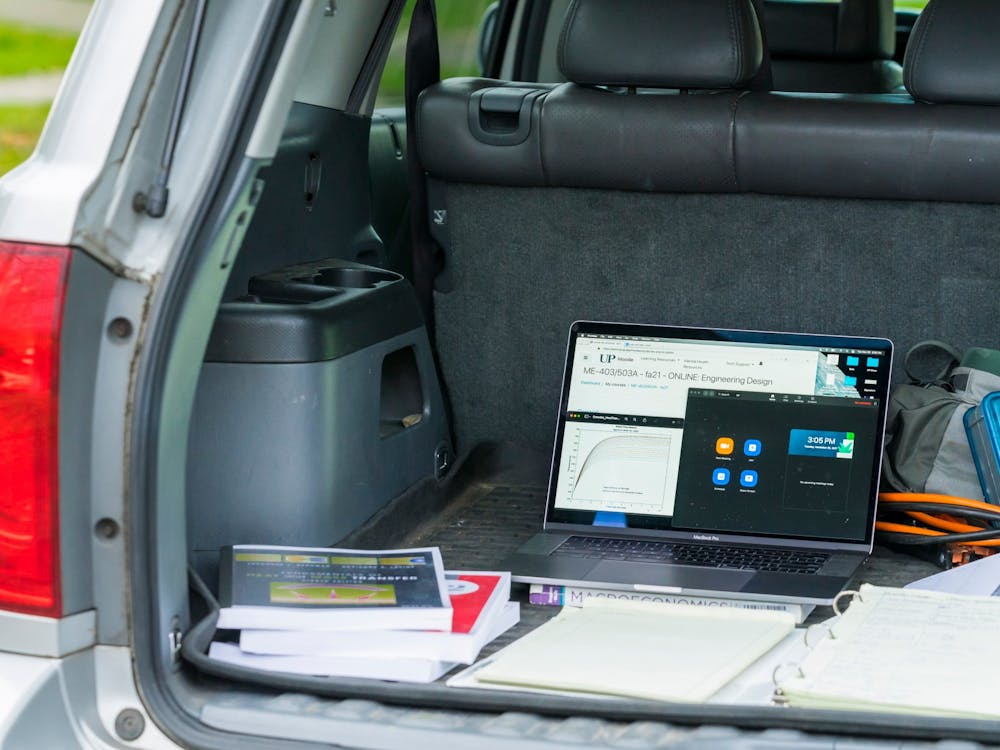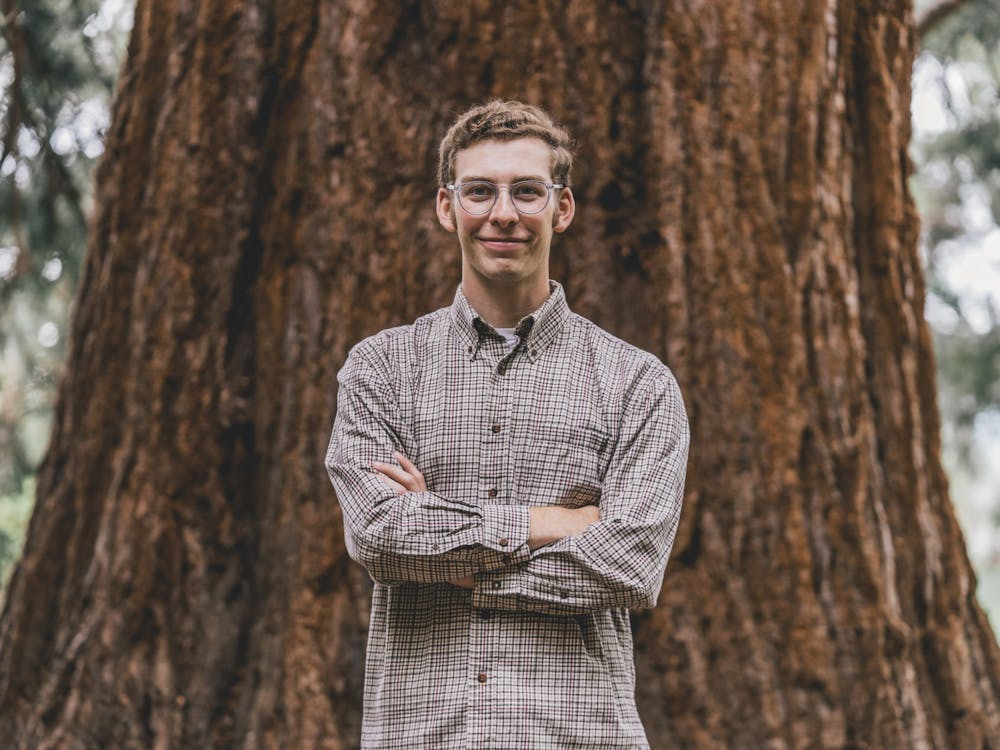Alexa Bryant Capellas (The Beacon)
By Alexa Bryant Capellas
California, known for sun, surf and the "immigration issue." The situation on the southern border may not be the first thing that comes to mind when thinking of California, but after spending Spring Break in San Diego with 21 fellow Pilots, it is not something I will soon forget. In our short stay, we toured Border Patrol, met teenage refugees, attended lectures on racial tensions and economic externalities and shared moments with new friends.
I want to share three of these moments that turned into life lessons. The first, that friendship cannot be fenced, came during our tour of Border Patrol when we stopped at Friendship Park, a meeting site reserved for immigrants and their families. Now, the site is severed down the middle by a 20-foot tall steel fence, which greatly limits communication and connection. I understand the concerns about drug or criminal activity, but this complete blockade is neither friendly nor neighborly, thus the naming of the site is quite ironic.
This wall inspired my next lesson: Borders can break us. The fence had created a relative mindset of "mine" and "theirs" that was not dispelled until our visit to a home for children in limbo, those awaiting either legal trial or sponsorship to return back to their home countries. During the visit, I met a young girl who asked me a very poignant question over bracelet-making. "Is my land that different from yours because it goes by a different name?" she questioned. My answer became clearer as I thought back to the day before when we placed jugs of water in the desert along the border with the Border Angels organization. As I stood on that desert hill overlooking each side of the fence, I honestly could not tell the difference; all I saw was desert. A single land existed, and yet because she was born on one side of a line and not the other, this girl was somehow supposed to be different from me.
Reflecting back on the trip as a whole, I have come to my final conclusion: There is never a single story. Individuality is valued, and yet we choose to define people by the status of their citizenship, color of their skin or native tongue. Labeling someone who has crossed the border as an "alien" or "illegal" dehumanizes them, defining who they are by papers in their hands. We must recognize the value of each story, and I am so thankful for all those we met along this trip that shared themselves with us. To Sara who graciously fed us all week, Juan our humble driver, all the peers with whom we shared our time, the day-laborers that offered their stories and dreams and each face and heart that reminded us of our human solidarity, we thank you.
Though clear-cut immigration reform may seem impossible, respect and dignity for others is not. As one group member reflected, we all belong to one race in the end: the human race.
Alexa Bryant Capellas is a freshman secondary education major. She can be reached at bryantca16@up.edu.
UP Border Immersion group in San Diego, California (Photo courtesy of Alexa Bryant Capellas)








